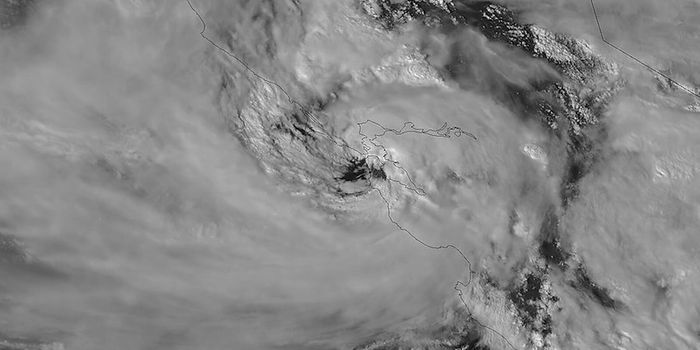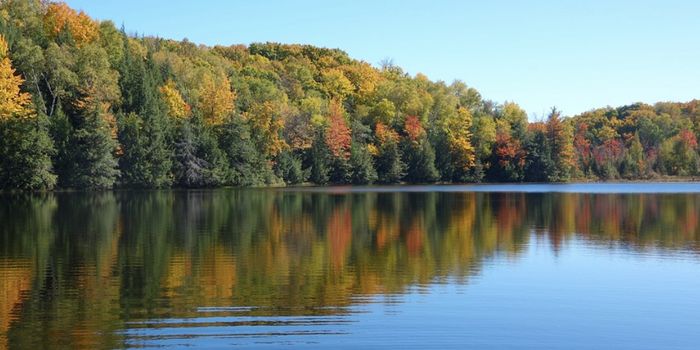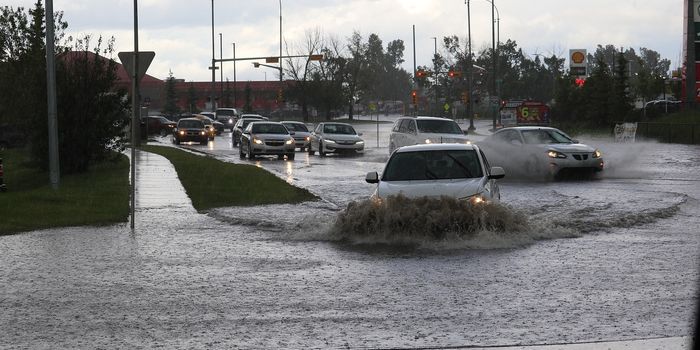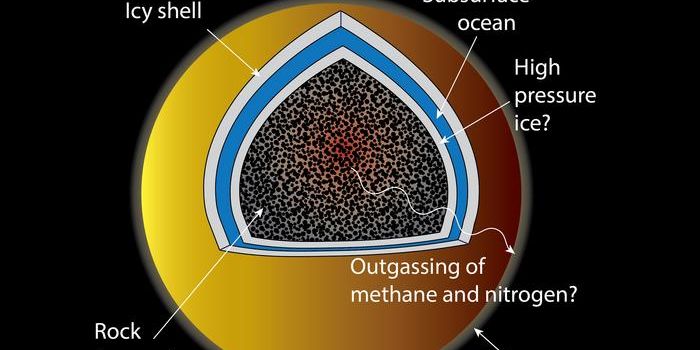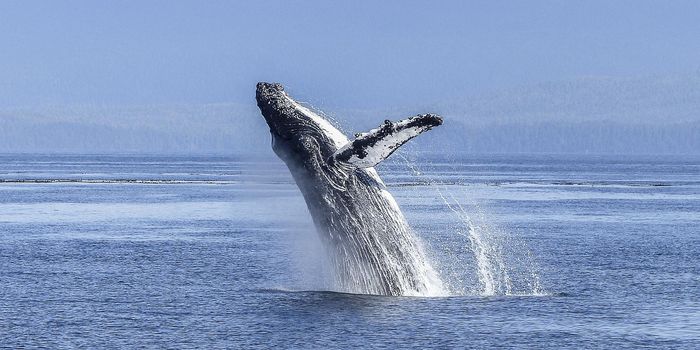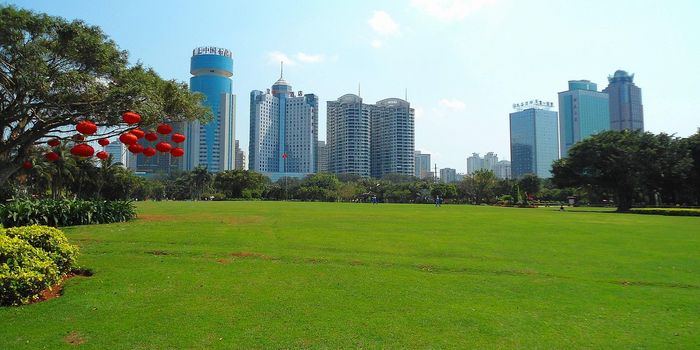Rain, rain, please don't go away!
New research from the U.S. Department of Energy's Pacific Northwest National Laboratory discusses the anthropogenic impact on the timing of the planet’s water cycle in the journal Nature Climate Change. The study explicitly explains how human-driven actions like greenhouse gas emissions and reductions in aerosols have resulted in a four-day delay in seasonal rainfall over tropical land and the Sahel.
This change in the water cycle, observed from data measured over the last four decades, is key to understanding how humans have impacted the Earth’s cycles. "The global warming we've seen has already been attributed to human activities with high confidence," said co-author Ruby Leung, who is an atmospheric scientist. "But historically we have not been very successful in pinpointing the footprint of human activity in the hydrological cycle. This study shows that, yes, the later onset of monsoon rainfall, paired with future warming projected by climate models, has already emerged."
You might be thinking, “What’s the big deal with four days?” Although four days may not seem like a lot, the delay has serious implications for crop production and wildfires. Weirdly enough, as first author Fengfei Song explains, the driving force behind this lag in precipitation actually has to do with an increasingly moist atmosphere:
"When there is more water vapor in the atmosphere, it becomes more ocean-like. And we know the ocean takes longer to warm up than the atmosphere. More moisture means it will take longer for the atmosphere to absorb energy and produce rainfall."
The researchers’ analysis predicts that come 2100, that four-day delay could turn to more than five days over northern tropical land and more than eight days over the Sahel.
"For monsoon regions, like India, with an agrarian economy," said Leung, "a delayed onset of summer rainfall could devastate crop production and jeopardize the livelihood of large populations unless farmers recognize and adapt to the long-term changes amidst the highly variable monsoon onset date."
Sources: Nature Climate Change, Science Daily

